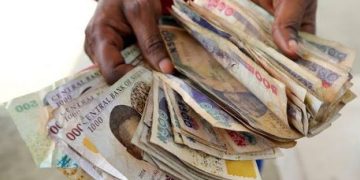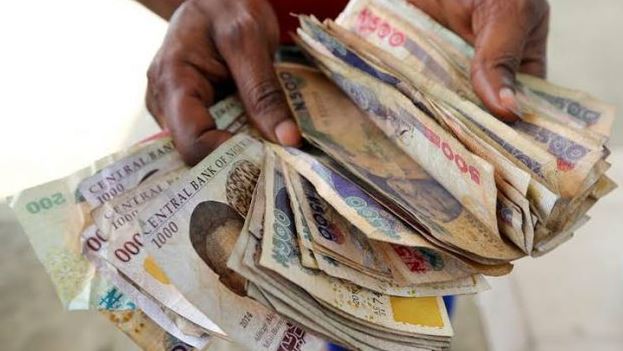By John Ikani
Nigeria’s money supply has surged to a record high of N101.34 trillion, sparking concerns about rising inflation. The Central Bank of Nigeria (CBN) reported a staggering 56.15 percent increase compared to the same period last year.
Economists warn that an expanding money supply can fuel inflation as more money chases limited goods and services. This translates to higher prices for consumers, eroding purchasing power.
Despite the CBN’s efforts to tighten monetary policy through Open Market Operations (OMO) bills, the money supply continues to climb. This surge is attributed to increased government revenue driven by naira depreciation and improved oil sector performance.
Furthermore, the government’s expanded borrowing limit from the CBN has injected more liquidity into the economy. Currency in circulation has also reached a record high, indicating potential economic growth but also heightening inflation risks.
Credit to the private sector has increased, signalling economic activity, while net credit to the government has declined. However, the overall trend of expanding liquidity contrasts with the CBN’s efforts to curb inflation.
With inflation already at a scorching 34.2 percent, the rising money supply poses a significant challenge for policymakers. Balancing economic growth and price stability will be crucial in the coming months.



































